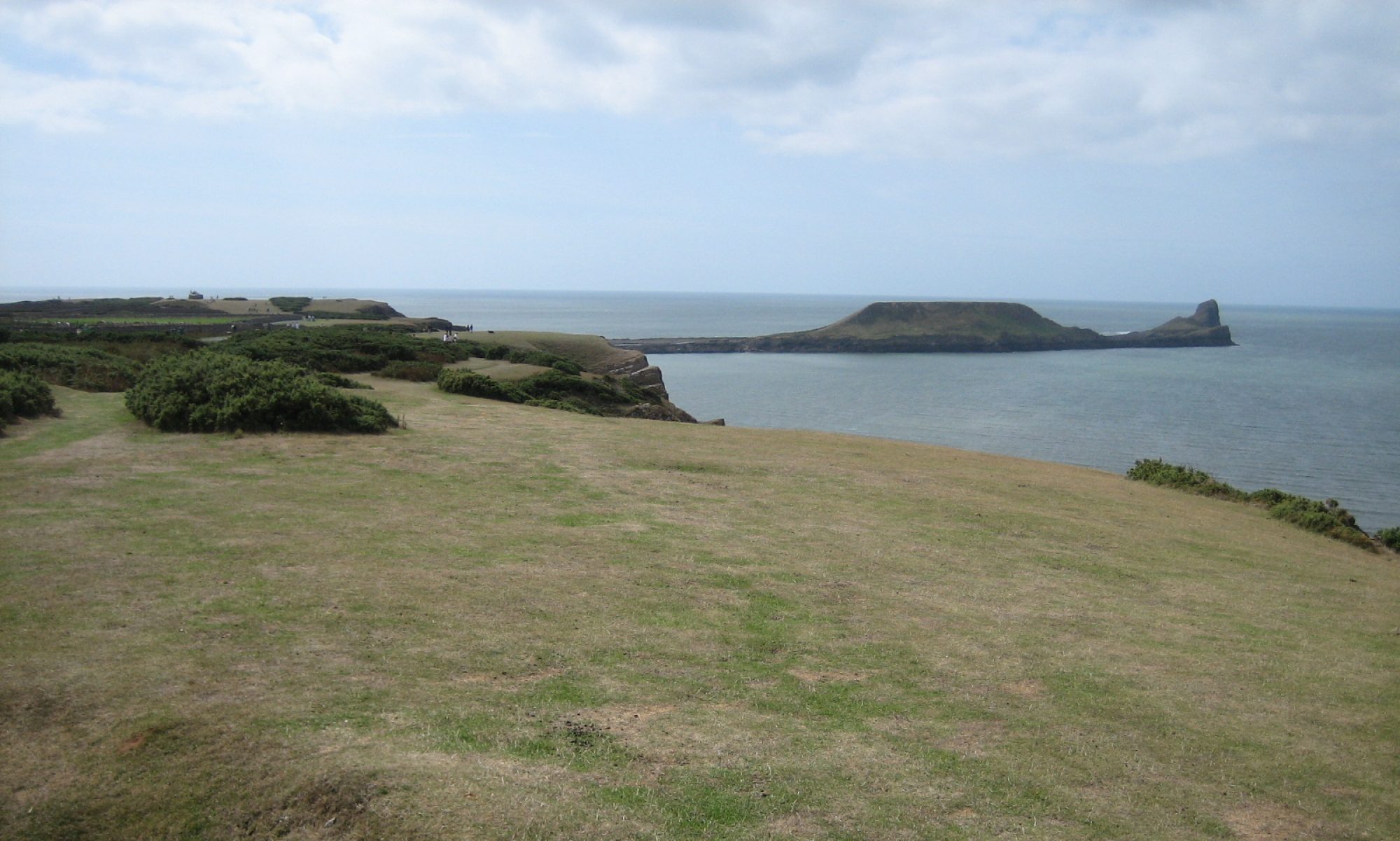Alan Cann today announced the availability of the alpha release of the new distributed social network Diaspora. It’s seems to be available without the need for invitations and you can get an account by registering at http://diasp.org. Once registered, you’ll have a handle: mine is cpjobling@diasp.org.
One unique selling point (USP) is that Diaspora has ways of organizing your various networks around aspects of your social networks. In my case, as well as the default Work and Family aspects, I’ve created an aspect for PLENK2010 and e-Learning folks. Another obvious one would be an aspect for the Swansea Learning Lab. Once these are set up you can post messages that will be received by all or a selected sub-set of your contacts. This has the potential to be much more powerful than the everyone’s my friend model of Facebook and Twitter.
Another USP is that, when it’s finally released, it will be possible to host your own Diaspora server which will be able to link into the network of Diaspora servers.
To use Diaspora, you need to be using a modern browser (it’s an HTML5 application) and should probably expect user interface changes, bugs and intermittent availability. At the moment it supports status reports, aspects, chat, and photo sharing (by file upload). You can also link your Diaspora account to Twitter and Facebook and control messaging to these.
It will remain an open question as to whether Diaspora will become the social network or whether it’s a case of one too many.


